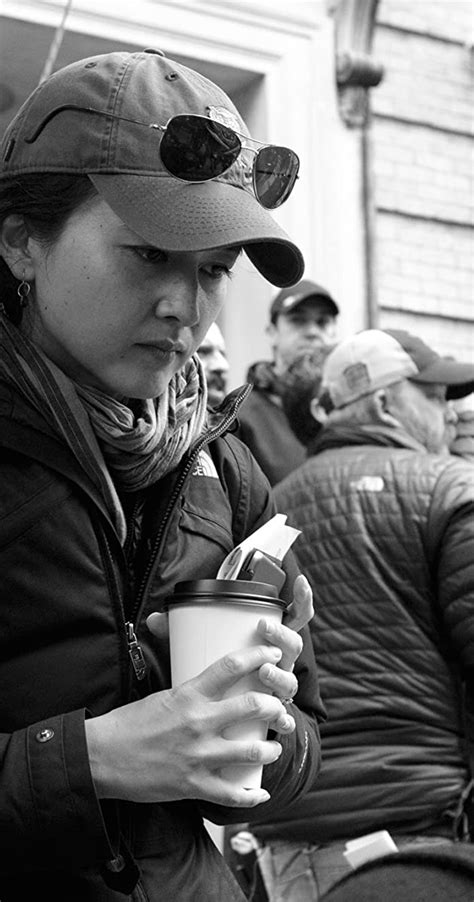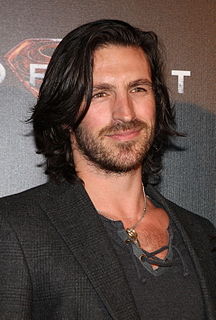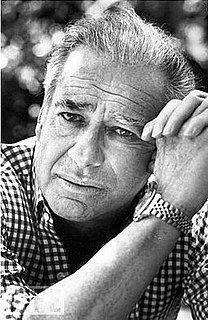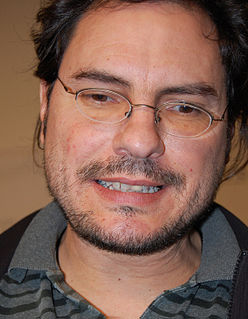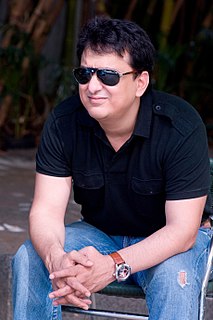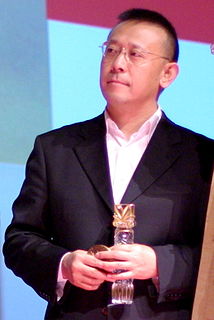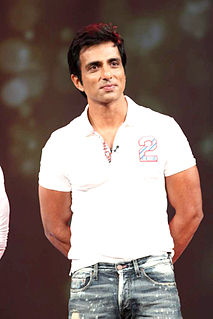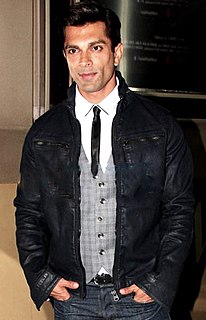A Quote by Mora Stephens
The script is the foundation, but it's not the full story for the film, which only comes alive with the actors.
Related Quotes
Well, there's two things I have criteria for doing a film: The script, which is the story, and the filmmaker, and it's a filmmaker's medium. I like really strong directors, and so when I do a film, I'm out there to serve the director, really, which is in turn to serve the script, to serve the director cause he's the one making the film. I relied on Todd Haynes for that.
Every part of it is important; the film comes alive when you edit it, the film comes alive when you write it, the film comes alive when you act it, and the same with the directing. They're all the most important part at the time and that's why I enjoy doing it, because you're creating a story and every part is a very integral part of it.
When I was writing the script, I knew didn't want to make a sports movie. I was very clear that I wanted to make a sibling rivalry story. So when I was writing the script, the football was getting in the way of the drama. One day, I saw Michael Haneke's Funny Games, which is probably the most violent film I've ever seen - but the violence is off camera. When I finished watching the film, I said, 'Hey, that's what I have to do.' Haneke gave me this solution.
After I read the story of 'Dangal' and before the film released, I called director Nitish Tiwari asking him if he had any good script. He told me to wait for some time. So we had three-four sittings, and this film, 'Chhichhore,' came to him. The film did not have superstars, but I felt that this is the script that needs to be told.
We see only the script and not the paper on which the script is written. The paper is there, whether the script is on it or not. To those who look upon the script as real, you have to say that it is unreal - an illusion - since it rests upon the paper. The wise person looks upon both paper and script as one.
Plays are literature: the word, the idea. Film is much more like the form in which we dream - in action and images (Television is furniture). I think a great play can only be a play. It fits the stage better than it fits the screen. Some stories insist on being film, can't be contained on stage. In the end, all writing serves to answer the same question: Why are we alive? And the form the question takes - play, film, novel - is dictated, I suppose, by whether its story is driven by character or place.
